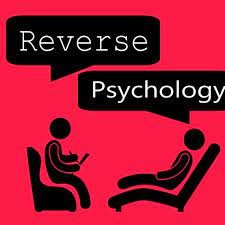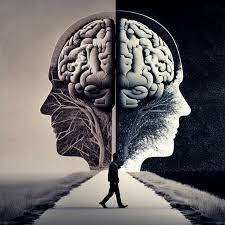Certainly! Here are ten surprising psychology facts:
- The mere presence of a smartphone can reduce cognitive capacity, even when it's turned off and face-down, due to the "brain drain" caused by anticipating notifications and messages.
2.The "Dunning-Kruger effect" is a cognitive bias where people with low ability at a task overestimate their ability. This means those who are incompetent are often unaware of their incompetence.
3."Reverse psychology" can be effective because it taps into reactance theory, where people have a motivational drive to resist perceived threats to their freedom of choice.
4."The Baader-Meinhof phenomenon," also known as frequency illusion, occurs when something you've just learned or noticed suddenly seems to appear everywhere.
5."The bystander effect" is a social phenomenon where individuals are less likely to offer help in an emergency situation when others are present. This diffusion of responsibility can lead to inaction.
6."The paradox of choice" suggests that while having options is desirable, too many choices can lead to decision paralysis, dissatisfaction, and regret.
7."The placebo effect" demonstrates the power of belief in influencing health outcomes. Even when given an inactive substance, individuals often experience improvements simply because they believe they are receiving treatment.
8."Cognitive dissonance" is the discomfort experienced when holding conflicting beliefs, attitudes, or behaviors. People tend to resolve this discomfort by adjusting their beliefs or behaviors to align with one another.
9."The spotlight effect" refers to the tendency to overestimate how much attention others are paying to us. People often believe they are being noticed and judged more than they actually are.

10."The sunk cost fallacy" is the tendency to continue investing time, money, or effort into a situation because of the resources already invested, even when the cost outweighs the benefits.








